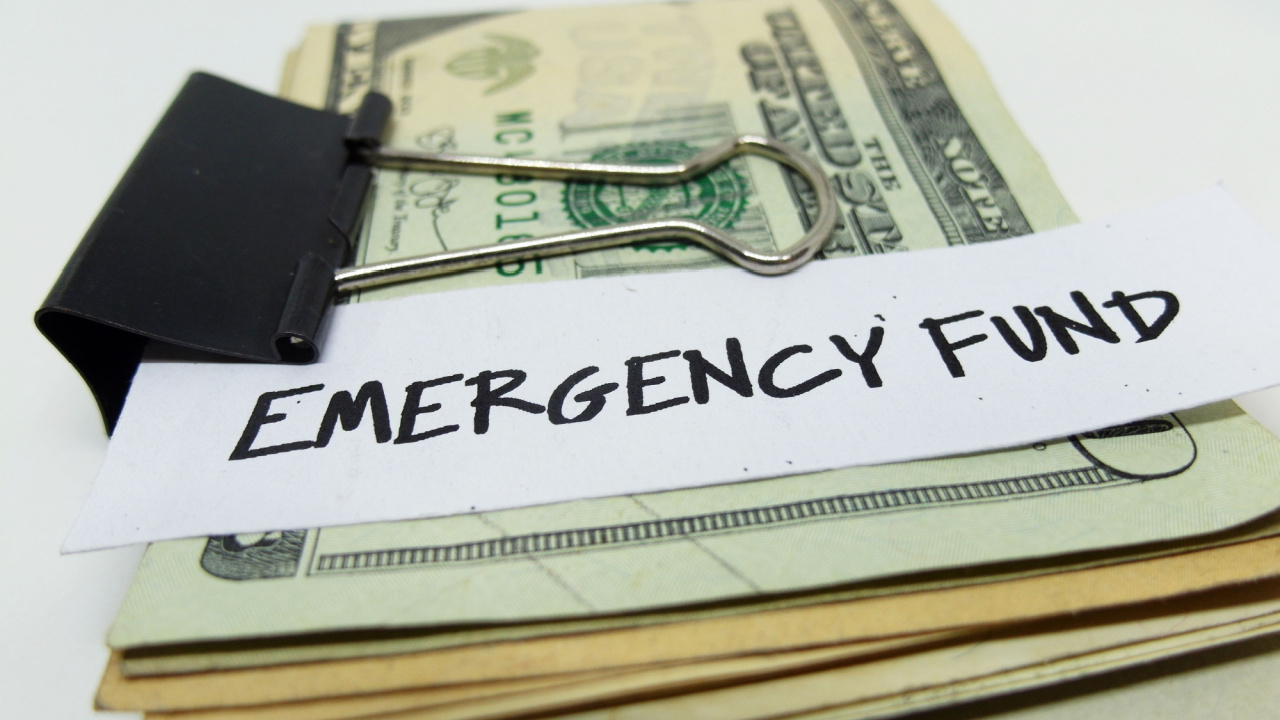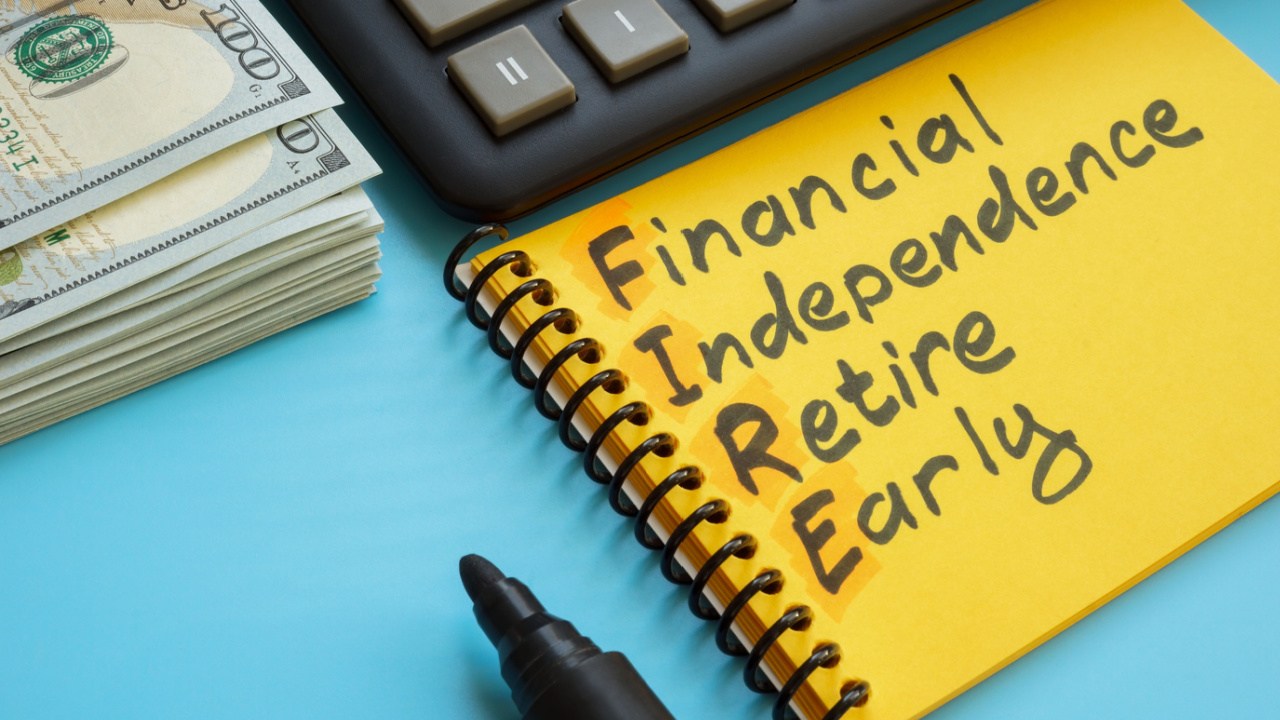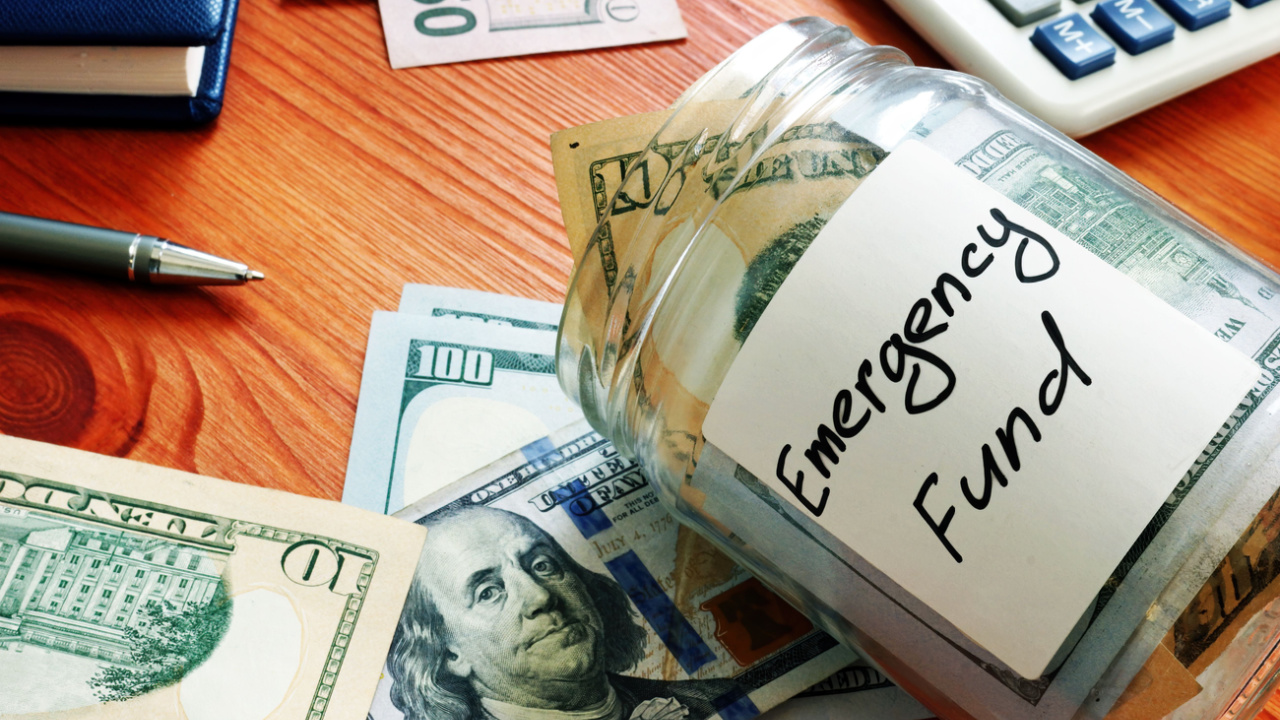Preparing for a recession is more important than ever in these uncertain times. I understand the challenges and fears you might face, so I’ve compiled these 25 actionable tips to recession-proof your prepping plans. Each suggestion can help you stay ahead, ensuring that you’re surviving and thriving, even in tough economic times.
1. Diversify Your Income Sources

Don’t rely on a single income stream. Start a side hustle, invest in the stock market, or consider freelancing. Multiple income sources can provide a safety net if one falls through.
2. Build an Emergency Fund

Set aside funds for emergencies. Aim for at least three to six months’ worth of living expenses. This fund is your lifeline for job loss or unexpected expenses.
3. Reduce Unnecessary Expenses

Cut back on non-essential spending. Analyze your budget and eliminate or reduce costs like subscriptions, dining out, and luxury purchases. Every dollar saved is a dollar earned.
4. Invest in Essential Skills

Learn skills that save money. Gardening, basic home repairs, sewing, and cooking are invaluable. These skills save money and increase self-sufficiency when times get tough.
5. Maintain Your Health

Focus on health and wellness. Staying healthy reduces medical expenses. Exercise regularly, eat a balanced diet, and manage stress. Remember, prevention is better and cheaper than cure. Plus, staying healthy helps you stay self-reliant in any situation.
6. Grow Your Own Food

Start a home garden. Growing your own vegetables and herbs can significantly cut grocery bills. Plus, it’s a fulfilling and sustainable practice. Even if you have limited space, you can still grow and save by choosing the more expensive fruits and vegetables that you buy the most of.
7. Embrace Minimalism

Adopt a minimalist lifestyle. Evaluate your possessions and keep only what you need and use. This mindset declutters your space and your expenses.
8. Learn to Preserve Food

Master food preservation techniques. Canning, freezing, and dehydrating food can extend their shelf life and minimize waste. It’s economical and ensures a supply of food during lean times. I even make and dehydrate my own dog treats.
9. Enhance Your Financial Literacy

Educate yourself about finances. Understanding budgeting, investments, and savings strategies is crucial. Knowledge is power, especially when it comes to managing your money.
10. Create a Recession-Proof Budget

Draft a budget for leaner times. Identify your essential expenses and find ways to reduce them. A recession-proof budget helps you stay financially afloat when the economy is struggling.
11. Invest in Renewable Resources

Consider renewable energy sources. Solar panels or wind turbines can reduce reliance on external power sources and save money in the long run.
12. Network and Community Building

Build a strong community network. Establish relationships with neighbors and local groups. A supportive community can share resources, skills, and provide emotional support during tough times.
13. Learn Bartering

Master the art of bartering. Trading goods and services without money can be an effective way to get what you need during a recession.
14. Stay Informed

Keep up-to-date with economic trends. Understanding the market and economy can help you make informed decisions about your finances and preparations.
15. Review and Pay Down Debts

Focus on reducing debts. High-interest debts can cripple your finances. Prioritize paying them off or consolidating them to lower interest rates
16. Secure Your Home

Enhance home security. In tough times, crime rates can increase. Invest in good locks, security systems, and community watch programs to protect your home and family.
17. Stock Up on Essentials

Gradually build a stockpile of essentials. Focus on non-perishable food, water, basic medical supplies, and hygiene products. This ensures you have enough during shortages or price hikes.
18. Develop a Side Business

Turn a hobby into a source of income. Whether it’s crafting, woodworking, or digital services, a side business can provide extra income and a fulfilling way to spend your time.
19. Optimize Insurance Policies
Review your insurance

Review your insurance plans. Ensure that your policies are cost-effective and provide adequate coverage. Sometimes, adjusting deductibles can lead to significant savings.
20. Learn Basic First Aid

Acquire first aid skills. Knowing how to handle minor medical issues can save on healthcare costs and is essential during emergencies when professional help might not be immediately available.
21. Practice Energy Efficiency

Reduce energy consumption. Implement energy-saving practices like using LED bulbs, unplugging unused appliances, and insulating your home. Lower energy bills mean more savings.
22. Embrace DIY Projects

Do it yourself whenever possible. From home repairs to making gifts, DIY can save money and add personal value to your life. Making or repurposing things yourself is also incredibly satisfying and helps you learn and hone practical skills.
23. Utilize Public Resources

Take advantage of public resources. Libraries, community centers, and online courses offer free or low-cost options for entertainment, learning, and skill-building.
24. Plan for the Long Term

Think long-term in your prepping. Invest in quality items that last longer, even if they cost a bit more upfront. This reduces the need for frequent replacements and saves money in the long run.
25. Stay Flexible and Adaptable

Be prepared to adapt. The key to surviving a recession is flexibility. Be ready to adjust your plans, lifestyle, and mindset as circumstances change.
14 Pieces of Outdated Money Advice That Can Derail Your FIRE Plan

FIRE – Financial Independence, Retire Early. That’s the dream, right? Quit the rat race and live life on our own terms. It’s totally doable. Plenty of people join the FIRE movement and manage to retire pretty quickly. And there’s a LOT of advice out there on how to do it. Sadly, much of the advice is outdated or just plain bad.
12 Money Mistakes That Can Leave You Vulnerable in a Crisis

In times of uncertainty, financial stability is more crucial than ever. While prepping for physical emergencies is vital, don’t overlook financial prepping. Avoiding these common money mistakes can help make sure you’re in a stronger position to weather any storm.
25 Winter Foraging Foods to Save Money on Your Grocery Bill

Preparing for a recession is more important than ever in these uncertain times. I understand the challenges and fears you might face, so I’ve compiled these 25 actionable tips to recession-proof your prepping plans. Each suggestion can help you stay ahead, ensuring that you’re surviving and thriving, even in tough economic times.
Katy Willis is a writer, lifelong homesteader, and master herbalist, master gardener, and canine nutritionist. Katy is a preparedness expert and modern homesteader practicing everyday preparedness, sustainability, and a holistic lifestyle.
She knows how important it is to be prepared for whatever life throws at you, because you just never know what's coming. And preparedness helps you give your family the best chance to thrive in any situation.
Katy is passionate about living naturally, growing food, keeping livestock, foraging, and making and using herbal remedies. Katy is an experienced herbalist and a member of the CMA (Complementary Medical Association).
Her preparedness skills go beyond just being "ready", she's ready to survive the initial disaster, and thrive afterward, too. She grows 100% organic food on roughly 15 acres and raises goats, chickens, and ducks. She also lovingly tends her orchard, where she grows many different fruit trees. And, because she likes to know exactly what she's feeding her family, she's a seasoned from-scratch cook and gluten-free baker.
Katy teaches foraging and environmental education classes, too, including self-sufficient living, modern homesteading, seed saving, and organic vegetable gardening.
Katy helps others learn forgotten skills, including basic survival skills and self-reliance.
She's been published on sites such as MSN, Angi, Home Advisor, Family Handyman, Wealth of Geeks, Readers Digest, and more.
